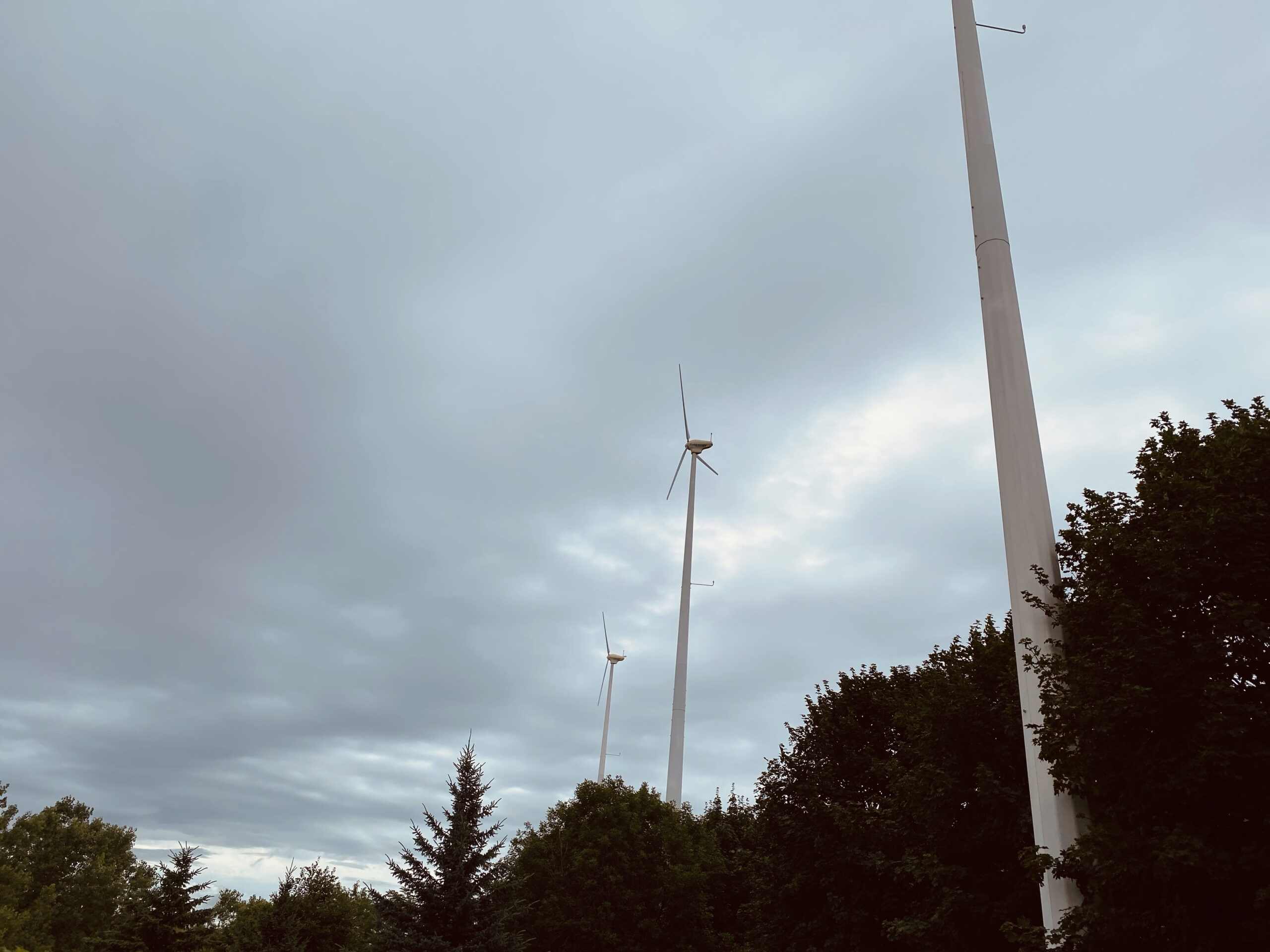
What are renewable energy sources? What are some examples of renewable energy?
According to The U.S Energy Information Administration Renewable energy is energy from sources that are naturally replenishing but flow-limited; renewable resources are virtually inexhaustible in duration but limited in the amount of energy that is available per unit of time. Some examples of renewable energy sources are Wind, Solar, and Hydropower.
How much does renewable energy sources really take from our natural resources?
There is no way of producing energy that is 100% renewable. Wind includes land use issues and challenges to wildlife and habitat. Solar can include land use and habitat loss, water use, and the use of hazardous materials in manufacturing, though the types of impacts vary greatly depending on the scale of the system and the technology used. Flooding land for a hydroelectric reservoir has an extreme environmental impact: it destroys forest, wildlife habitat, agricultural land, and scenic lands. In many instances, such as the Three Gorges Dam in China, entire communities have also had to be relocated to make way for reservoirs. There are drawbacks to each but they vary greatly.
What advantages do we have from not using fossil fuels as opposed to renewable energy?
Most renewable energy sources produce little to no global warming emissions. Even when including “life cycle” emissions of clean energy (ie, the emissions from each stage of a technology’s life—manufacturing, installation, operation, decommissioning), the global warming emissions associated with renewable energy are minimal. Which slows the change in the world climate.
What are the advantages to the consumer with using renewable energy sources?
In most cases renewable energy is cheaper to run than fossil fuels. Renewable energy is more reliable meaning even with our changing climate there will be little to no effect on the power source, should there be a natural disaster or storm. Also the price is expected to drop as this technology evolves.
Overall, what are the effects good or bad on our environment and economy with the switch to renewable energy sources?
One major positive of switching to more renewable energies is that jobs in the energy sector will be plentiful. A negative impact is that some habits will be affected by wind turbines and solar panels. Another positive of renewable energy is that it produces little to no CO2. As you can see there are advantages and disadvantages to renewable energy. The positives greatly outweigh the negatives.
Written by: Zachary Ericksen
https://www.ucsusa.org/resources/environmental-impacts-renewable-energy-technologies
https://www.ucsusa.org/resources/benefits-renewable-energy-use